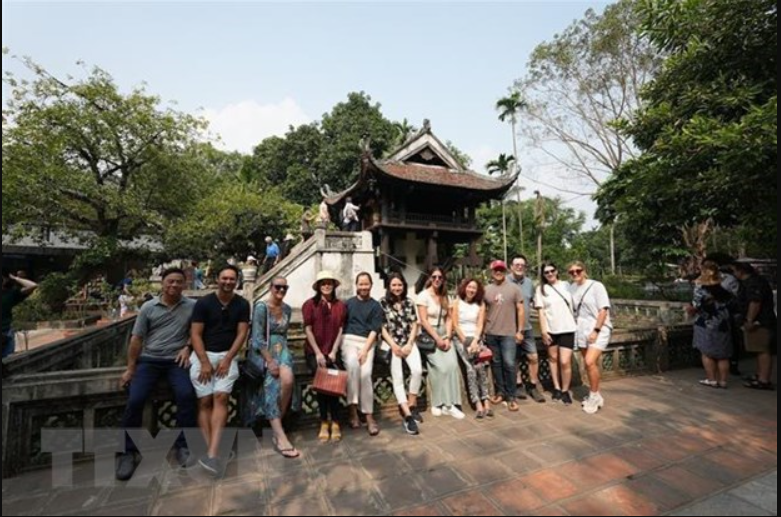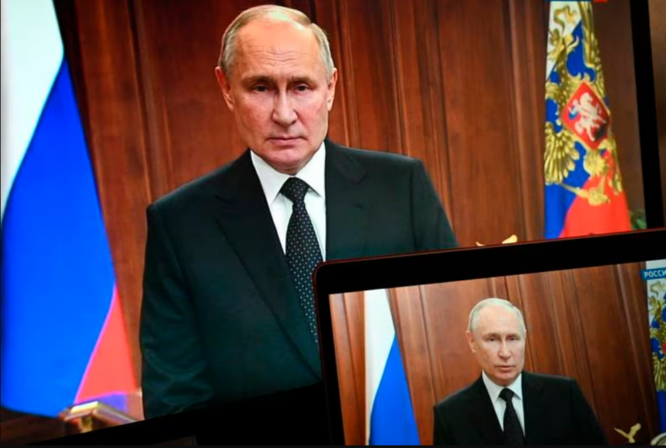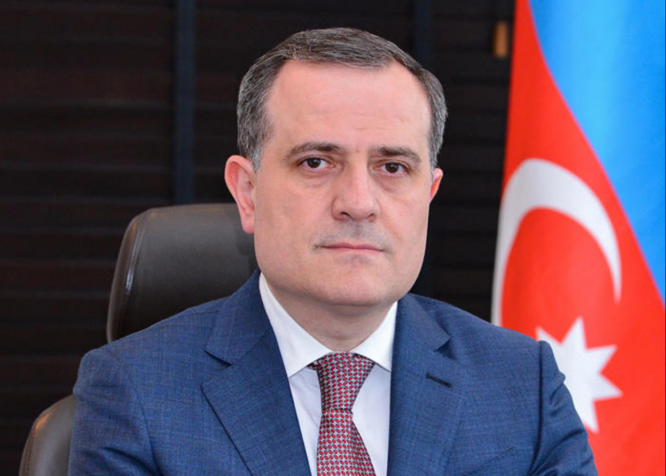The ‘Forward Fiji Declaration’ aims to herald in a new era of understanding between the indigenous (iTaukei) and Indo-Fijian people and leave behind the decades-long pain and animosity that has plagued the nation.
The significance of the declaration has been promoted as the country’s political leaders attempt to address the underlying issues that have impacted the relationship between the two largest ethnic communities in Fiji.
The racially motivated political upheavals of 1987 and 2000 that targeted Fijian-Indians, whose ancestors arrived in Fiji as indentured laborers known as Girmitiyas 144 years ago, have been at the forefront of these issues.
On Sunday, Prime Minister Sitiveni Rabuka, Deputy Prime Minister and Finance Minister Biman Prasad, Methodist Church of Fiji and Rotuma President Reverend Ili Vunisuwai, Former Prime Minister and Leader of the Fiji Labour Party Mahendra Chaudhry, and other religious organisation leaders formalized a pledge to recognize the past and move on.
Under this agreement, Fiji commits to a future without political coups but with democracy and the rule of law, without disunity but with love and understanding, without racism but with respect and mutual understanding, and without religious intolerance but with a focus on the common good for all.

Seeking absolution
This declaration follows an apology and confession issued by the Methodist congregation, which supported the 1987 and 2000 coups under its former leadership.
Reverend Vunisuwai, who conducted the apology, sought the descendants of the Girmityas’ absolution through confession during a reconciliation and thanksgiving service.
The Reverend stated that the Fijian-Indian community confronted “immense difficulties and hardships.”
The church stated, “We have wronged you and are acutely aware of our weakness and failure to uphold your human dignity and unjust acts in 1987, 2000, and 2006.”
“We humbly beseech your forgiveness and favor to liberate us and our beloved nation.”
The church stated that “peace and harmony” was the path forward.
An impassioned Prime Minister Rabuka, who led the 1987 rebellion, also admitted his guilt.
“I make this confession in my own name and on behalf of all those who participated with me in the 14 May 1987 military rebellion. Rabuka stated, “We confess our wrongdoings and that we have harmed so many of our people in Fiji, particularly the Indo-Fijian community.”
“I acknowledge our wrongdoings, you are correct to have blamed us, you have every right to blame us for the difficulties you encountered, we do not fault you for being furious with us or even hating us, you are warranted in your anger and hatred. I am standing here to apologize and seek your absolution.”
This was supported by an apology from the supreme leader of the Kubuna Confederacy, Turaga Bale Na Vunivalu of Bau, Tui Kaba, Ratu Epenisa Cakobau.
Ratu Epenisa expressed regret and sincere apologies for the wrongs and violence committed by his people, which had an inhumane effect on you and your families.
“As a traditional leader, I am responsible for setting an example and fostering a welcoming environment for all members of our community.”

He urged his people and other stakeholders to “build bridges together” and “celebrate diversity while fostering unity.”
Acceptance
Mahendra Chaudhry, former prime minister and leader of the Labour Party, accepted the apology on behalf of the Girmitiyas.
In 1999, Fiji’s first Indo-Fijian prime minister, Chaudhry, was elected to head the country.
In May of 2000, after a year in power, his government was deposed by a civilian-led coup.
“I accept the apology extended by you and the Methodist Church,” Chaudhry stated.
He described the traumatic events of the past and stated that he was moved by the service’s act of magnanimity.
“We are deeply honored and touched,” he stated.
“Prime Minister Rabuka, I also accept your apology, even though it was made in your personal capacity,”
The leader of the Labour Party believed that a sincere contrition was owed to the entire nation, as the misguided and illegal actions of a small number of extremists had devastating effects on everyone.
Chaudhry stated that the entire nation paid a hefty price for the senseless actions of a minority.
“Despite the noble reasons given for the coups, the majority of our indigenous people are in a much worse position today than they were in 1987,” he said.
“According to the most recent statistics, 75% of those in our iTaukei community are living in destitution. These are astounding numbers. However, it also reveals how these naive individuals were exploited and misled.
Someone must apologize to them as well.
Prasad, leader of the National Federation Party and Deputy Prime Minister, has “unreservedly and unequivocally” accepted the church’s and Rabuka’s contrition on behalf of Girmitiya descendants.
“This milestone is now a permanent part of our nation’s history,” said Prasad.
Prasad acknowledged Rabuka’s initiative in securing this juncture.
“At a crossroads, but collectively overcame insurmountable obstacles by utilizing the talents and qualities of all its citizens.”
Sashi Kiran, an eminent Indo-Fijian leader and assistant minister for women, also extended her assent.
“Thank you for relieving the suffering of my people and my ancestors,” said Kiran.
She stated that the Fijian-Indians’ wrath and hatred stemmed from their lack of recognition by the Vanua (people and land).
“When our people have expressed anger, hatred, and pain…when our people heard that they do not belong, it was one of the most painful things to hear,” she explained.
“This is the only motherland our people [Indo-Fijians] know.”
Additionally, Kiran apologized on behalf of the Fijian-Indian community for its maltreatment of the iTaukei people.
“During the last 144 years, we initially fought the British, then fought for our liberties, and then continued to fight. We did not halt to appreciate our current location. We did not hesitate to voice gratitude.”





